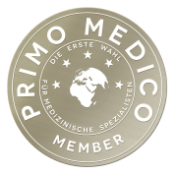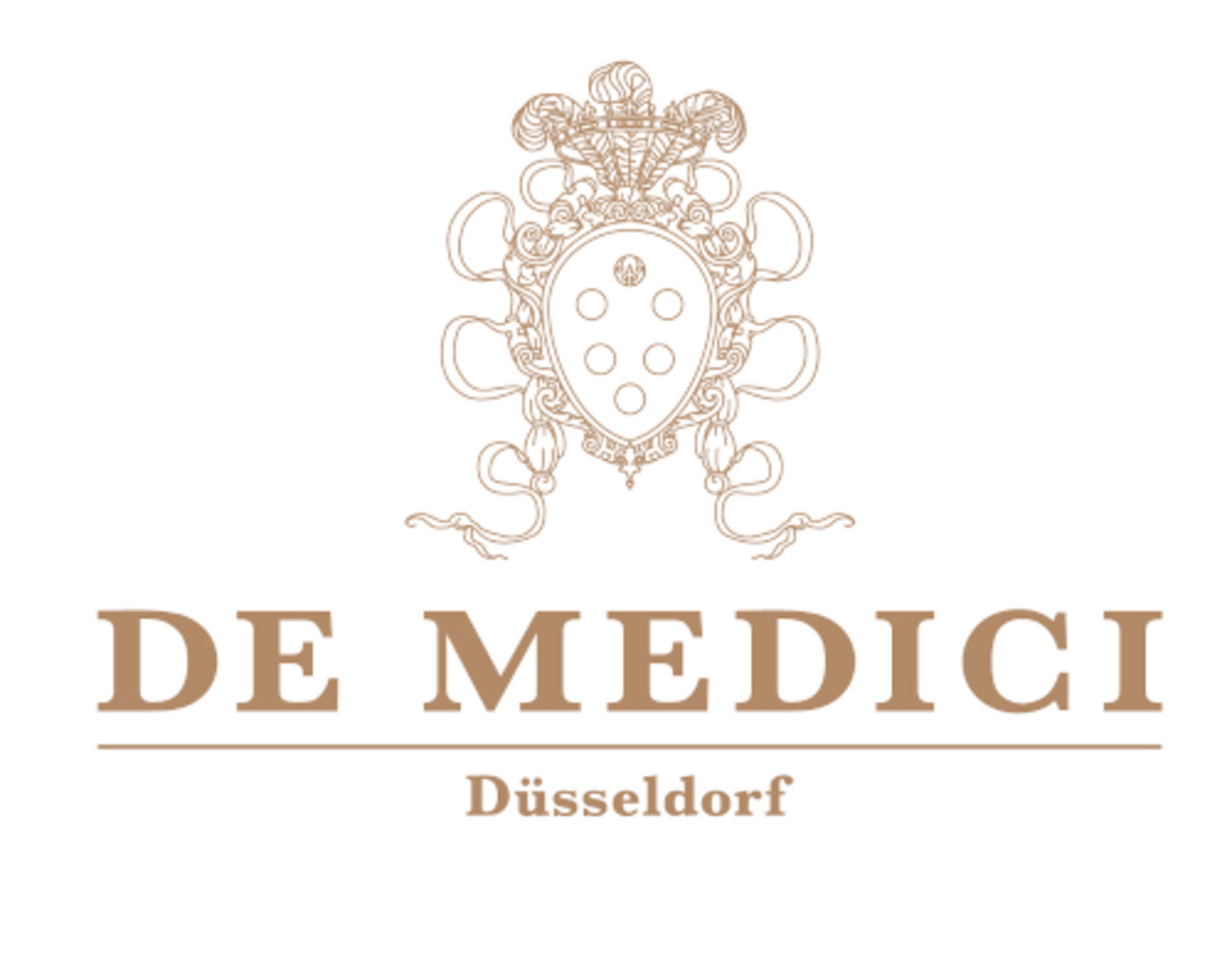Endometriosezentrum Duisburg (NRW): Dr Krentel
Treatment focus
- Endometriosis consultation hours for individualized diagnostics
- Endometriosis therapy (medication, complementary medicine, surgery)
- Laparoscopic surgery for deep endometriosis (DE)
- Diagnostics and therapy for adenomyosis
Contact
Evangelisches Krankenhaus BETHESDA
Clinic for Gynecology and Obstetrics – Endometriosis Center
Heerstraße 219, D-47053 Duisburg
P: +49 203 3969 3528 F: +49 203 6008 1299
Consultation Hours:
By arrangement

Medical Range
Range of Diagnostic Services
- Transvaginal ultrasound examination
- Abdominal ultrasound examination
- Clinical examination
- Smear tests
- Colposcopy
- MRI
- Hysteroscopy
- Cystoscopy
Range of Therapeutic Services
- Endometriosis treatment (laparoscopic)
- Hysteroscopy (endoscopy of the uterus)
- Minimally invasive surgeries (DaVinci)
- Laparoscopic surgeries for deep endometriosis (DE)
- Laparoscopic surgeries for DE of the rectum
- Complete nodular resection (CNR) for intestinal endometriosis
- Adenomyosis
- Surgery for diffuse adenomyosis
- Endometrial ablation
- Dysplasia
- Polyps
- Fibroids
- Desire to have children
- Continence and pelvic floor
More Information
Card
Dr Harald Krentel is a specialist in endometriosis and the head physician of the Clinic for Gynecology and Obstetrics and head of the Endometriosis Center at the Evangelisches Krankenhaus BETHESDA.
Being a proven and internationally recognized expert in the field of endometriosis, Dr Krentel diagnoses and treats patients with this chronic disease, which often goes unrecognized for a long time. An individualized treatment recommendation is made, taking all personal aspects into account.
Endometriosis Consultation for Individualized Diagnostics at the Endometriosis Center in Duisburg.
It is estimated that up to a third of all women in Germany are affected by endometriosis. In most cases, women of childbearing age between 35 and 45 suffer from the non-localized growths of the uterine lining that spread outside the uterine cavity in the abdomen. Due to adhesions with other organs, endometriosis often causes severe menstrual cramps, pain during sexual intercourse, or difficulties with urination or defecation. Despite the frequency of this disease, on average, between 6-10 years pass between the first contact with a doctor and the correct diagnosis.
Due to the frequency and complexity of this disease, a particular endometriosis consultation hour has been established at the Evangelisches BETHESDA Krankenhaus in Duisburg to ensure an individual diagnosis of the disease. A detailed patient consultation, a gynecological examination, and ultrasound imaging can often point the way. If possible, further methods such as MRI, colonoscopy, cystoscopy, and hysteroscopy are also available at the site to evaluate the involvement of these organs.
Endometriosis Therapy: Comprehensive Range of Treatments by Experienced Specialists
In addition to conservative treatment measures such as thermal treatments, endurance sports, physiotherapy exercises, and painkillers as needed to alleviate symptoms, the Endometriosis Center in Duisburg, under the direction of Dr Harald Krentel, offers further treatment approaches.
As the cells of the endometriosis foci are usually stimulated in their growth by the body's cycle-dependent hormone, estrogen, various hormone therapies can be effective. The primary therapeutic goal is always to stop menstruation and suppress estrogen production in the ovaries. The dependence of islet growth on estrogen synthesis is also the cause of a sudden improvement in symptoms with the onset of menopause.
For this purpose, progestogens such as the contraceptive Dienogest in tablet form or a Levonorgestrel IUD can be used to reduce the growth of the uterine lining (endometrium) and consequently also to achieve regression of the displaced endometriosis lesions.
The second option is to inhibit the entire hormonal axis, which ultimately leads from the brain to stimulation of the ovaries. Hormone preparations can also intervene in this control circuit to inhibit the ovaries' excessive function and thus reduce estrogen levels.
If the symptoms are severe and hormonal therapy attempts have failed, another medication can be prescribed to reduce the enzymatic conversion of hormone precursors into effective estrogens. Consequently, the aromatase inhibitors also reduce the effective levels of estrogen.
If hormone therapy fails or if there is an unfulfilled desire to have children, surgical treatment may be advisable.
State-of-the-Art Laparoscopic Surgery for Deep Infiltrating Endometriosis (TIE)
The surgical treatment strategy for severe endometriosis involves the minimally invasive removal of all accessible foci and effective adhesiolysis, i.e., the removal of adhesions in the abdominal organs associated with the spread of endometriosis. Such adhesions, especially if the uterus, fallopian tubes, or ovaries are affected, can be the cause of infertility and an unfulfilled desire to have children. However, organs of the urinary system, sections of the intestine, or even more distant organs such as the lungs or diaphragm can also be overgrown by endometrium.
If the endometriosis lesions are on top of the affected organs and grow into their walls, this is known as deep infiltrating endometriosis. In these complicated cases, surgery is usually unavoidable. Thanks to the instrument-guided development of laparoscopic methods, a large abdominal incision is usually unnecessary to restore the anatomical conditions in the abdomen. The numerous advantages of a minimally invasive surgical approach are apparent, with better cosmetic results, uncomplicated wound healing, and shorter hospital stays.
Diagnosis and Treatment of Adenomyosis
One of Dr Harald Krentel's scientific focuses is a particular form of endometriosis. In adenomyosis uteri, the endometrial islets are located in the muscle layer of the uterus. This often causes heavy, painful periods and a lengthening of the period over seven days. Usually, there is infertility or even an unfulfilled desire to have children.
This form of the disease can usually be easily diagnosed by ultrasound. Endometriomas or chocolate cysts often occur in connection with endometriosis within the uterine musculature. These are hemorrhages in the uterine muscles that appear as blood-filled and, therefore, chocolate-brown cysts.
In addition to medical treatment strategies, Dr Harald Krentel carries out special surgical procedures like Osada plastic surgery. This open surgical technique is used for extensive adenomyosis findings in the uterine wall when there is an existing desire to have children, as a defect is covered with a muscle flap after removal of the focus to restore not only the well-being but also the fertility of his patients if possible.
Please visit the Endometriosis Center website for more information.
Transport Connections
| Duisburg Main Station | 3 km |
| Essen/Mühlheim Airport | 22 km |
| Düsseldorf Airport | 23 km |
| Cologne/Bonn Airport | 71 km |
Information about Duisburg
Duisburg is the hinge into three regions: the idyllic Lower Rhine, the bubbling Ruhr area, and the legendary Rhine rail.
Duisburg, the inland port city on the Rhine and Ruhr, stretches from the western edge of the Ruhr metropolis to the Lower Rhine and merges with the Rhine rail to the south. The city sees itself as a hub of tourist and logistical routes and assumes an interesting hinge function within the varied regions.













